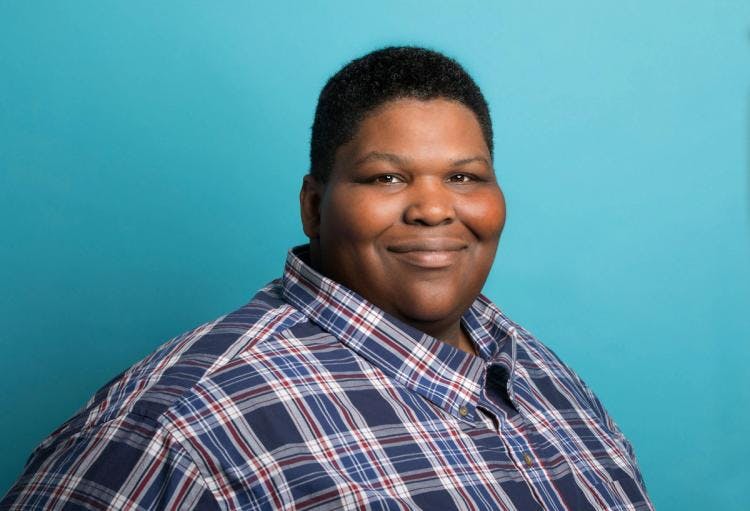Dialectical behavior therapy is heavily based on cognitive behavior therapy. Through dialectical behavior therapy, the therapist assists individuals in discovering a balance between acceptance and change. DBT focuses on four key areas; mindfulness, distress tolerance, emotion regulation, and interpersonal effectiveness. Mindfulness guides individuals in being more self-aware and being in the present moment. Distress tolerance teaches individuals how to experience intense feelings without resorting to self-injurious behaviors or substance abuse to manage the feelings. Emotion regulation helps individuals recognize, label, and adjust their emotions. Interpersonal effectiveness teaches individuals how to navigate conflict and interact assertively with others. In DBT, individuals learn coping skills like mindfulness practices to improve unhealthy behaviors and thoughts. In general, DBT has two main components; individual weekly psychotherapy sessions and weekly group therapy sessions. The weekly individual sessions are where individuals are given the space to discuss any difficulties that arose in the past week. If there are suicidal and/or self-injurious behaviors they are always the first priority.
DBT is influenced by the philosophical perspective of dialectics: balancing opposites. Dialectical behavioral therapy focuses on high-risk, tough-to-treat individuals. These individuals often have multiple diagnoses. DBT provides individuals with the skills to manage difficult emotions and resolve as well as decrease conflict in relationships. DBT is considered an evidence-based practice (EBP). An EBP is the integration of the best available research with clinical expertise in the context of patient characteristics, preferences, and culture. This allows for DBT therapy to be both effective and accessible. There is no set timeline for DBT.
Although dialectical behavior therapy was developed originally to treat borderline personality disorder, research has shown it to be effective in treating other disorders and mental health problems that threaten a person’s safety, relationships, work, and emotional well-being such as:
DBT is an exceptional treatment approach for a variety of mental health concerns due to its emphasis on skill-building and acceptance. Whether you are grappling with borderline personality disorder, self-harm tendencies, substance use issues, or difficulties in managing emotions, DBT offers you a structured framework to create positive and lasting change. Here's why DBT may be the right choice for you:
Experience a profound shift in your mental and emotional well-being through the power of Dialectical Behavioral Therapy. At Clarity Clinic, our compassionate DBT therapists are dedicated to creating a safe and nurturing environment for you to explore your emotions, learn new skills, and foster resilience. With DBT, you can:
At Clarity Clinic, we believe that every individual has the potential to create lasting positive change. Our DBT treatment area is designed to guide you toward a life of emotional balance and personal growth. Take the first step toward embracing change and cultivating resilience by reaching out to us today.




















































































Our Services
Virtual/Online CarePHP and IOPAdult PsychiatryChild & Adolescent PsychiatryAdult TherapyChild & Adolescent TherapyCouples CounselingFamily TherapyGroup TherapyPsychological TestingTranscranial Magnetic Stimulation (TMS)Resources
Refer a PatientCareersClinical Training OpportunitiesOur ProvidersFree Mental Health TestsCommonly Prescribed MedicationsLocationsBlogIn The NewsClarity Through CharityClarity for AllQuick Links
Patient PortalFAQsAccepted InsurancesContact us